

Click on a button to jump to our webinars, courses, books or blog posts on Burnout

Sometimes people have nothing left. They’ve been trying to keep going for years, and then it’s like they run out of juice. They don’t have any energy or spark. Resting doesn’t help, and nor does just carrying on as normal.
This is sometimes called burnout. Burnout results from chronic stress, often in a workplace. When defined by the World Health Organisation, it has three main parts. Exhaustion, feelings of negativity or cynicism, and reduced efficacy. Burnout is not a medical problem, it’s an occupational one. It happens when a person is under chronic stress for too long.
A growing number of teenagers and children seem to be burnout by life. They stop being able to function, they often retreat to their bedrooms, and everything seems too much. It’s hard for their parents to know what to do. Burnout was traditionally thought of as the result of work – but these young people seem to be burnt out by school.
Autistic people may be particularly prone to burnout due to how stressful they find daily life, but burnout itself can be experienced by anyone. The process of recovery is similar whether you or your child are autistic or not. There is no evidence that autistic burnout is distinctly different to burnout.

An increasing number of parents are saying that their children have 'lost their spark' and don't enjoy things in the way that they used to. They are exhausted and lacking in energy. Some of them become completely unable to attend school and stop doing things they used to be able to do. In this new course, Naomi discusses burnout in children and what can parents do about it. She'll describe the factors which contribute to burnout and how parents can prevent it. She'll then move on to talking about children who are already burnt out and will give some tips for helping them to move towards recovery.
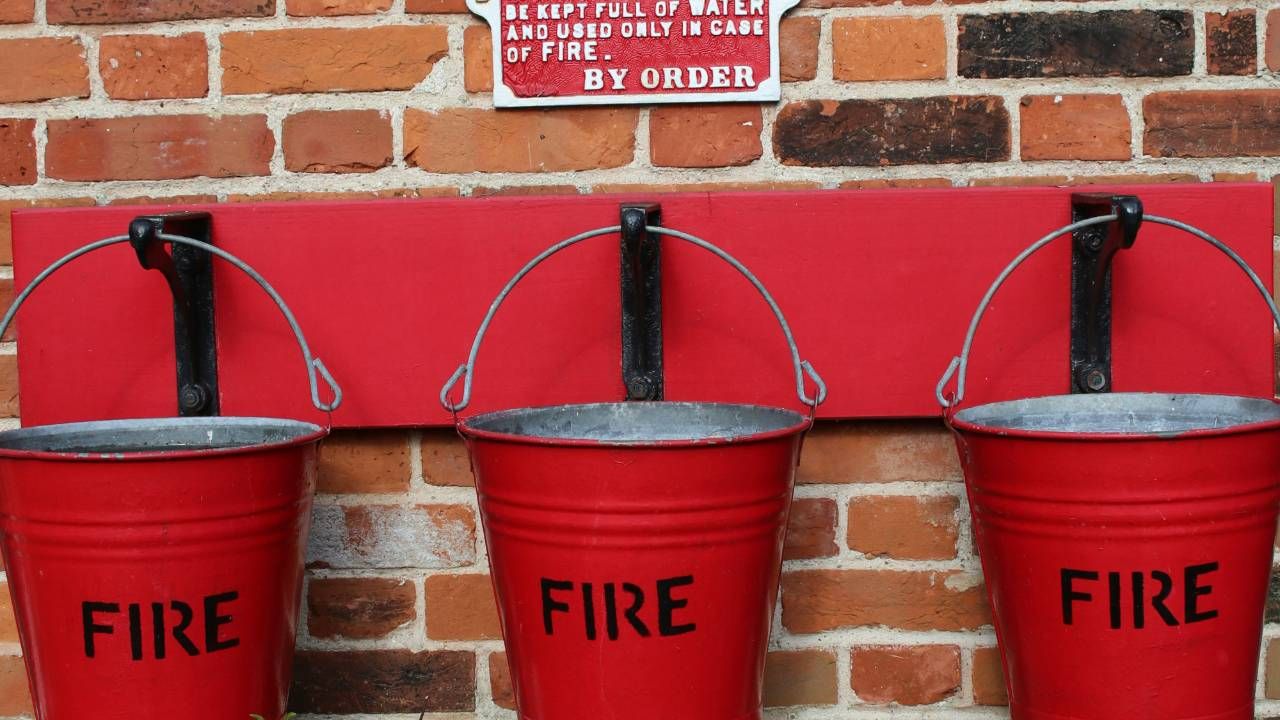
Parenting is hard work. You spend your time fighting the system for what they need and the demands can be relentless. There's never time to stop and reflect before the next crisis begin. You're burnt out by the demands, and the thing is, you can't take a break from parenting. There's no option of taking some time off to recover. You can't renegotiate your hours. In this new course, Naomi talks about what parenting burn out is, whether you might have it and how you can start to recover, whilst continuing to meet the needs of your children. It will give you some ideas as to how to start to turn things around.
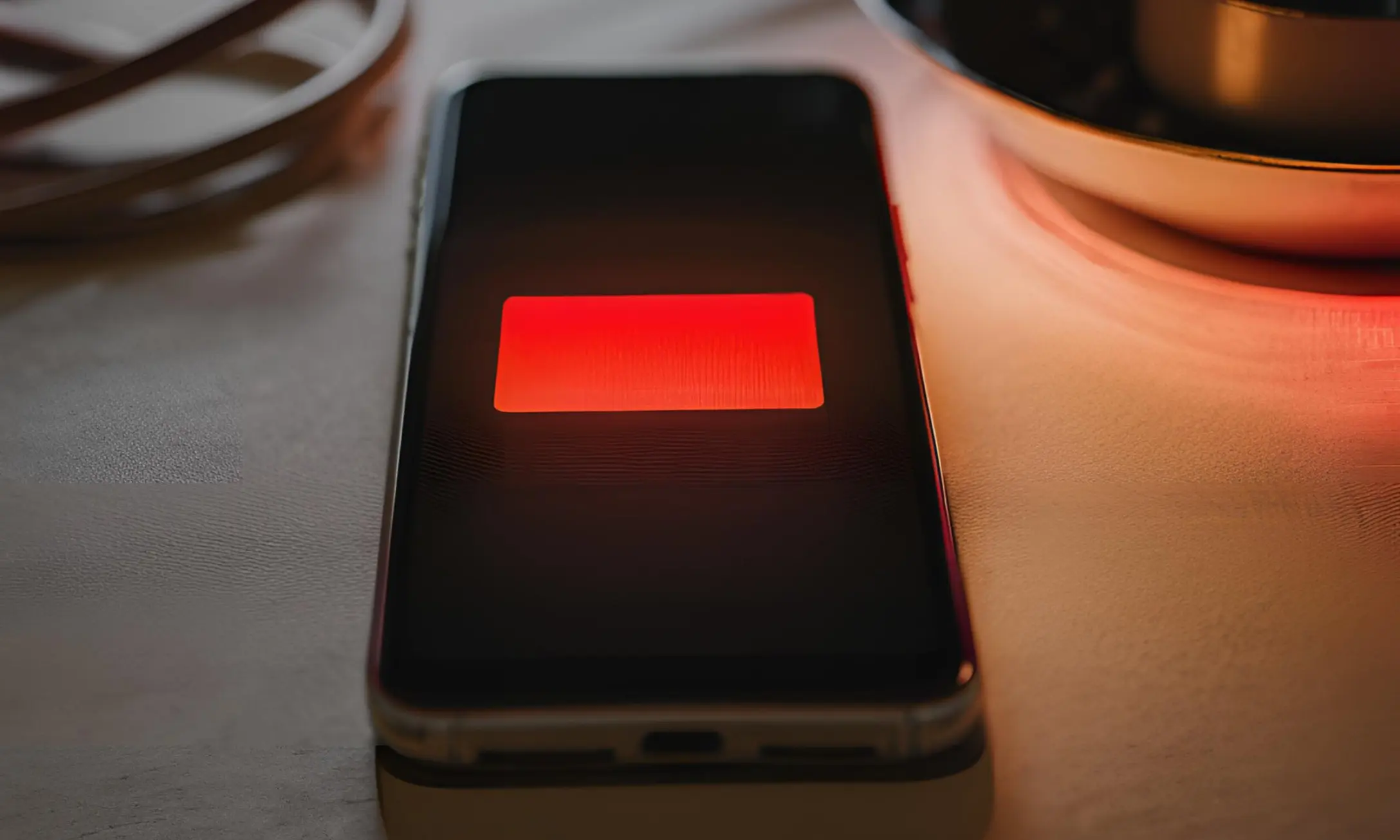
This mini-course is for teenagers to watch themselves. It explains burnout, why our bodies go into burnout, what that process looks like and how we can recover. It is broken down into small sections and has subtitles. Featuring Chloe from Me Just Me.
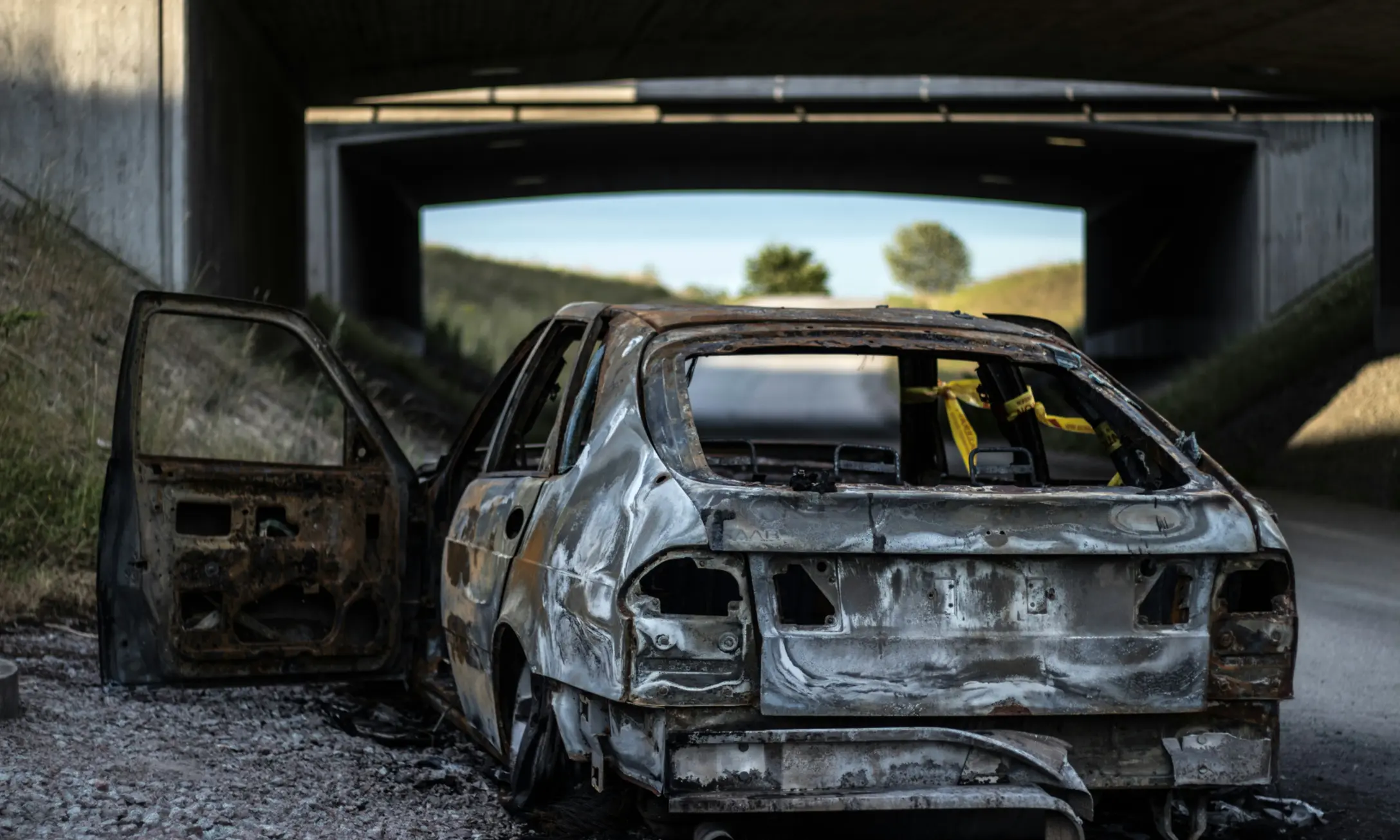
Things have gone wrong at school for your teenager, and now it’s like they have nothing left. They have lost their sense of what made life worth living. You don’t know how to help, and sometimes it seems like whatever you do makes things worse. Naomi will explain how burnout happens and what the process of recovery looks like.
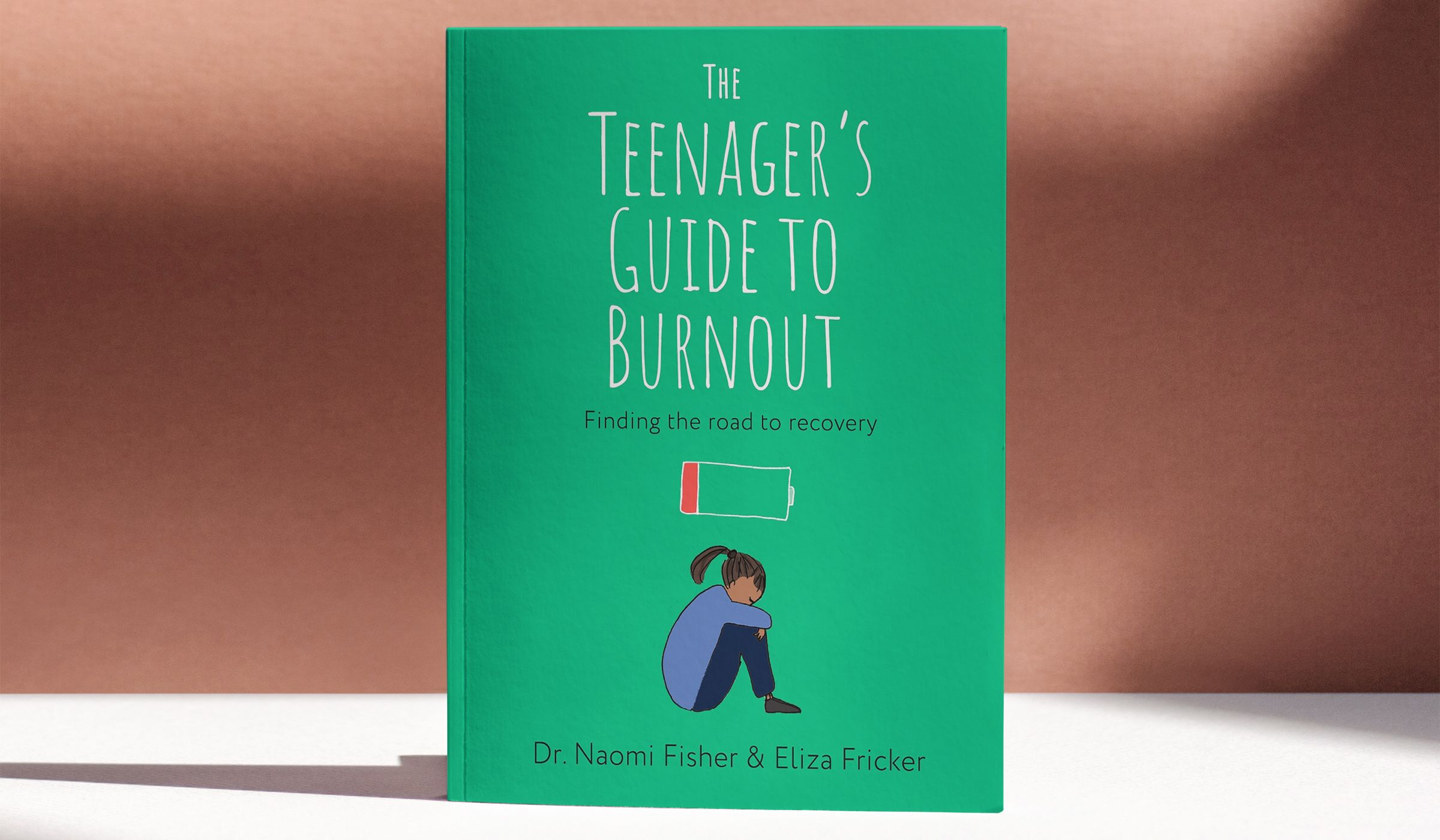
These are signs that you are experiencing burnout - your battery has taken a battering and you are running on empty. Many people think burnout only happens to adults, but it's something lots of teenagers experience too.
This book will help you to understand what burnout is, how you got there and what you can do to get back to a life you enjoy.
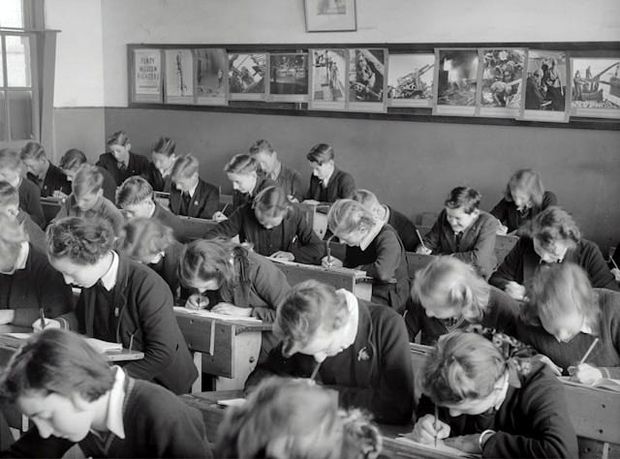
A lot is justified in the name of exam results. It’s okay to control every moment of a child’s day, if the school can show they get excellent exam results. It’s okay to have behaviour policies which put many children in isolation, if the school gets excellent exam results. It’s okay for parents to be complaining, and children to be protesting, if the school can show improving exam results.
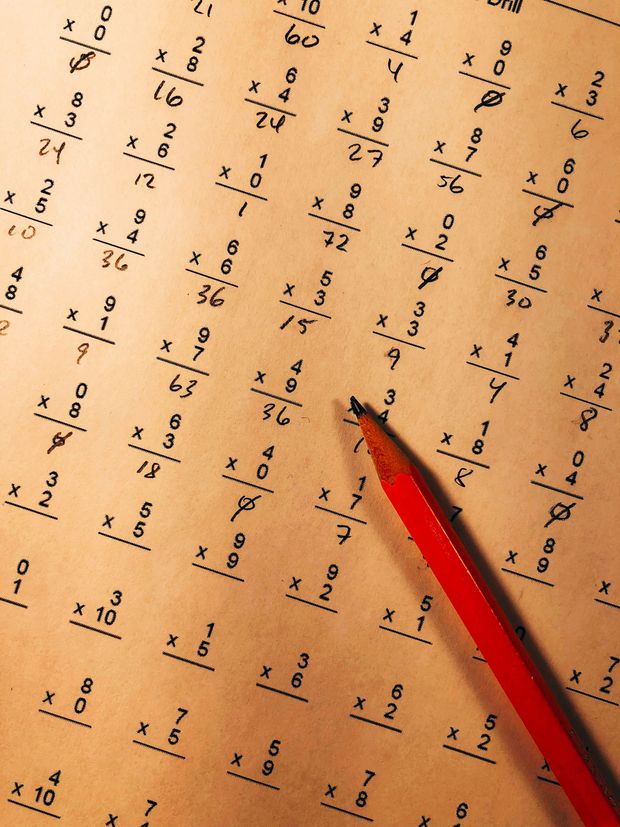
What a strange thing we do to our young people in this culture and time. We make them spend several years learning things that they often have no interest in, that they have not chosen and that they will in many cases never use again. We tell them that these things are vitally important. Then we sit them in rows and make them write about the things they can remember for an intense few hours. We compare what they have written down with everyone else of the same age, and then we rank them.